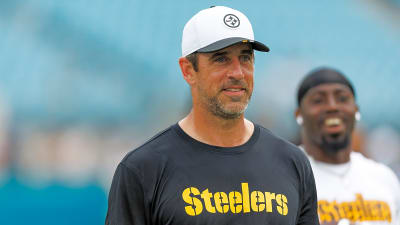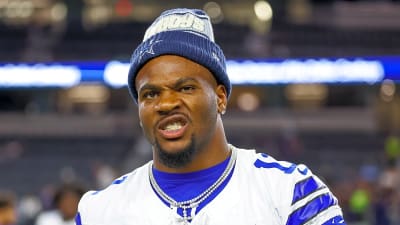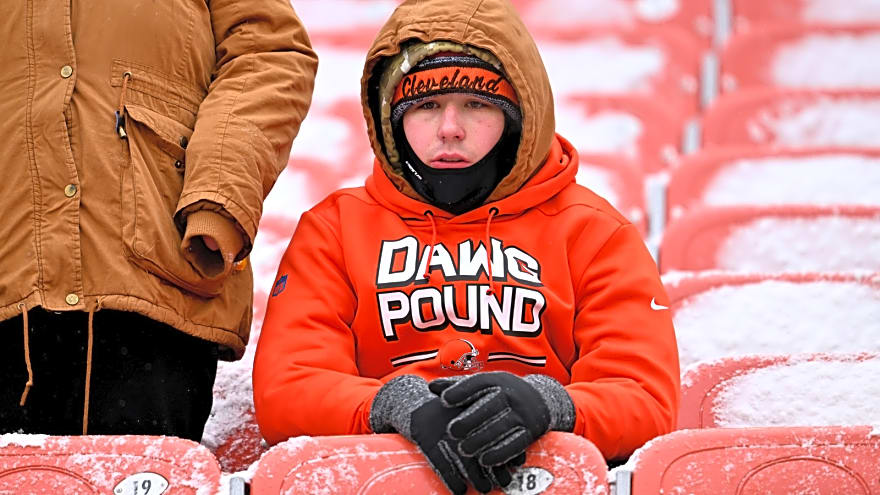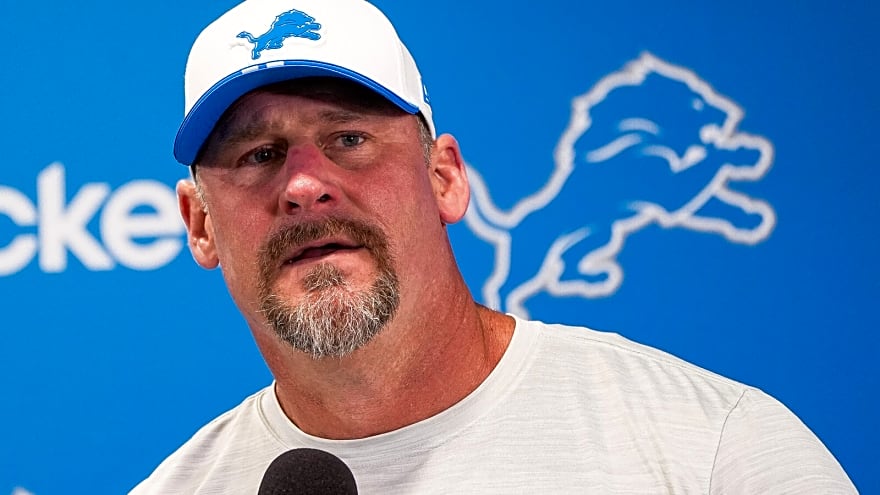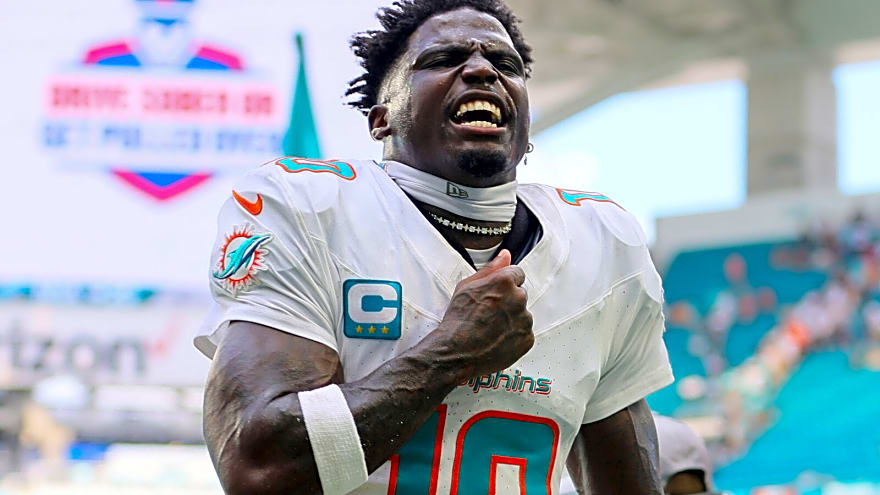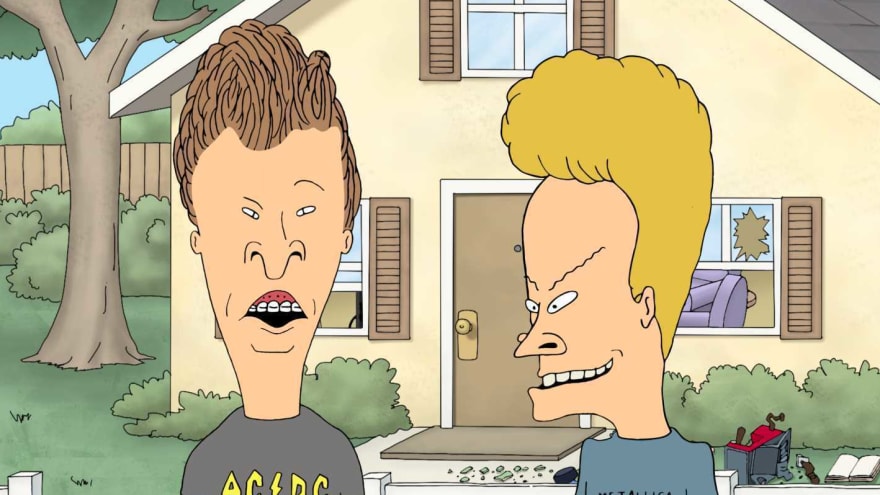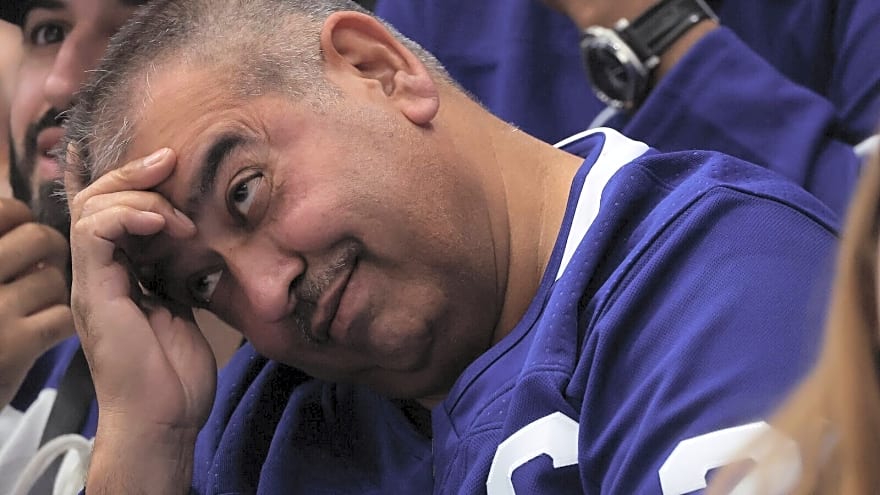
In an unprecedented move that has left NBA fans and analysts alike bewildered, the Utah Jazz have announced some of the most affordable ticket and concession prices in the league. As the Jazz prepare for their first game of the season, ticket prices and food concessions are making headlines for their jaw-dropping affordability, setting a stark contrast against some of the league’s more expensive markets.
Utah Jazz fans are in for a pleasant surprise with concessions at remarkably affordable prices during the upcoming game. Dasani bottled water will be available for just $2, while a box of popcorn, nachos, hot dogs, and Farr’s ice cream are priced at only $3 each.
These prices are a fraction of what fans typically pay in larger markets. For instance, according to 24/7 Wall St, four hot dogs cost $36 at a New York Knicks game, $34 for the Golden State Warriors, $26 for the Boston Celtics, and $21 for the Los Angeles Lakers. Additionally, beverages are much cheaper, with the Jazz charging $2 for bottled water, compared to $31.50 for two 16oz beers at Knicks games and $38.02 for the same at Warriors games.
The affordability doesn’t stop at concessions. The cheapest ticket for the Utah Jazz’s first game of the season is priced at just $8.00, as reported by Vivid Seats. This is in stark contrast to other NBA teams where the lowest ticket prices are considerably higher.
For instance, the Warriors’ opening game tickets start at $110, the Lakers at $191, the Celtics at $307, and the Knicks at a staggering $328, according to HelloTickets. These differences highlight a strategic pricing approach by the Jazz, aiming to attract a broader base of fans despite being a small-market team with modest playoff expectations.
Several factors contribute to the Utah Jazz’s decision to offer such competitive prices. Firstly, the Jazz are a small-market team. Located in Salt Lake City, Utah, they do not generate the same level of revenue as teams in larger metropolitan areas like New York or Los Angeles. Lower concession and ticket prices make attending games more accessible to local fans, fostering a strong community support system even if the team isn’t projected to make a deep playoff run.
Additionally, the Jazz have a decent but not elite team, making playoff appearances less frequent. This likely influences their pricing strategy, as maintaining high attendance rates can be more challenging when championship contention is uncertain. By keeping prices low, the Jazz ensure a consistent turnout, which is crucial for sustaining team morale and community engagement.
When juxtaposed with other NBA teams, the Jazz’s pricing strategy stands out starkly. The New York Knicks, known for their premium pricing, charge $31.50 for two 16oz beers and $328 for the cheapest ticket. The Golden State Warriors, with their high-demand games, set their lowest ticket price at $110 and $38.02 for two beers. Even more established franchises like the Los Angeles Lakers and Boston Celtics have significantly higher entry barriers.
The NBA world has taken notice of the Jazz’s pricing strategy, with mixed reactions. Some applaud the Jazz for making basketball more accessible and community-focused, especially in a market that might not have the same disposable income as larger cities. Others worry that such low prices could undermine the perceived value of NBA tickets and concessions, potentially setting a precedent that other teams might follow, thereby affecting the overall revenue distribution within the league.
The Utah Jazz’s decision to set exceptionally low ticket and concession prices is a bold move aimed at strengthening community ties and ensuring high attendance despite being a small-market team with limited playoff prospects. By offering $3 hot dogs, nachos, and affordable ticket options, the Jazz are prioritizing fan accessibility and experience over immediate financial gains.
Whether this strategy will prove sustainable in the long term remains to be seen, but for now, it has certainly stunned the NBA world and positioned the Jazz as a team that values its local fanbase above all else. As the season unfolds, all eyes will be on how this pricing model impacts both attendance and the team’s performance on the court.
More must-reads:
- Shaquille O'Neal makes peace with longtime enemy — mostly
- Five-time NBA All-Star announces retirement
- The '2024 NFL rushing TD leaders' quiz
Breaking News
Trending News
Customize Your Newsletter
 +
+
Get the latest news and rumors, customized to your favorite sports and teams. Emailed daily. Always free!
TODAY'S BEST

Bulls reinforce directionless future with questionable Josh Giddey offer
Josh Giddey, like most of his fellow restricted free agents, has spent much of the summer holding out for the best possible contract offer. The 22-year-old has reportedly been looking for a deal that pays him close to $30 million annually, but that's a pipe dream for a player who hasn't made positive contributions on a winning team. However, he may have just received the best offer he'll get from the Chicago Bulls — or any team, for that matter. Following extension talks that have spent weeks in limbo, the Bulls put a long-term offer on the table, according to Chicago Sports Network's K.C. Johnson. The deal would reportedly pay Giddey an average of $20 million per year, a much more reasonable number. Giddey will be hard-pressed to find a more lucrative contract offer, despite his potential. No matter how long he waits, no team is going to throw borderline All-Star money for a player with pronounced weaknesses. He has averaged 14.1 points, 7.5 rebounds and 6.1 assists per game across four seasons. For that reason, Giddey should take Chicago's offer. But even if the Bulls do keep their guy, an extension of this magnitude would only reinforce what many believe about the team: It's a franchise with no direction. Possessing a roster without a true star, the Bulls are setting themselves up for disappointment if they expect Giddey to reach that level of effectiveness. The franchise would be better off betting on Coby White's future rather than a guard who struggles to both shoot and defend. Giddey should be elated that the Bulls decided to meet him halfway on a contract offer, especially considering his lack of other suitors. If an extension does get done, though, Chicago will eventually look back and wonder if those resources could have been better spent elsewhere. With a return to the draft lottery likely, the Bulls don't have any expectations for 2025-26. But rather than try something new after several years of underperforming and missing the playoffs for three straight seasons, Chicago is falling into the trap of committing to mediocrity.

Chicago Bears looking at bringing back familiar face at running back
The Chicago Bears don’t appear satisfied with their running back room with one week left to decide the 53-man roster. The Bears have until Aug. 26 to make their final cuts before preparing for the Minnesota Vikings in Week 1. The Bears entered training camp with questions at running back. Veteran D’Andre Swift had a down year in 2024. Roschon Johnson isn’t a long-term solution, and seventh-round pick Kyle Monangai will have a steep learning curve when the regular season begins. The Chicago Bears worked out a former running back Per Aaron Wilson of KPRC, the Bears worked out running backs Royce Freeman, undrafted rookie Kylin James and former Carolina Panthers practice-squad player Dillon Johnson. Royce Freeman played with the Bears in 2024 Of the three, Freeman is the only running back with stats at the NFL level. Freeman, a third-round pick by the Denver Broncos in 2018, has appeared in 79 games and started nine games. He’s rushed 471 times for 1,472 yards and 10 touchdowns. The Bears signed Freeman to the practice squad in December. He was then signed to the Los Angeles Rams practice squad in January. He last played a regular-season game in 2023, when he added 319 yards and two touchdowns in 14 games for the Rams. The Bears are signaling their need for a running back this summer. There are other options available in the trade market, as the Washington Commanders are shopping Brian Robinson Jr. during the preseason. More running backs will be available after other teams trim their rosters to 53 players, but they might not be the type of athletes to make a significant boost for the offense early in the regular season.

Chicago White Sox Rookie Leaves Game With Injury
The White Sox snapped their four-game losing streak on Monday night at Truist Park in emphatic fashion. The offense had been quiet of late, scoring just five runs over the last four games, but it exploded for a season-high 13 runs and 19 hits in the 13-9 victory. Brooks Baldwin, Luis Robert Jr., Lenyn Sosa and Kyle Teel each hit home runs and eight White Sox drove in at least one run. The only starter who did not record a hit was rookie shortstop Colson Montgomery, who left in the sixth inning with what the team announced as left side soreness. After working a seven-pitch walk, Montgomery was seen grimacing and placing his hand on his side while standing on first base. He stayed in the game as Sosa gave the White Sox a 10-1 lead with a three-run home run in the next at-bat. But when the team came out for the bottom of the sixth inning, manager Will Venable made some defensive changes. Curtis Mead entered the game at first base, Lenyn Sosa moved to second base, Chase Meidroth shifted to shortstop to replace Montgomery. "I just took a swing on a foul ball and I kind of felt a little bit of a stretch," Montgomery said postgame, per MLB.com's Scott Merkin. "But I mean nothing crazy or anything like that. Got on first and they saw I was feeling for it and they asked me if I felt something and I was like yeah, but nothing too serious." Montgomery, 23, made history earlier in the season as he became the first rookie and the youngest player in White Sox history to hit 10 home runs in an 18-game span from July 22 to Aug. 11. It took Montgomery just 32 games to hit 10 home runs, good for the third-fastest pace in White Sox history. Zeke Bonura hit 10 home runs in his first 25 games in 1934, and in 2014 Jose Abreu slugged 10 long balls in 26 games, per MLB.com's Sarah Langs. Following his 10th home run, Montgomery's OPS had risen to .876 and he ranked third in MLB with 24 RBIs since the All-Stat break. He's cooled off since that point, though, going 3-for-24 with one double, no home runs, two RBIs, one walk and eight strikeouts over the last six games. A 2021 first-round draft pick, Montgomery was the White Sox top prospect from 2022-24. Through 38 games and 145 plate appearances, he's slashing .220/.285/.492/.777 with 10 home runs, four doubles, 19 runs, one triple, 28 RBIs, 11 walks and 42 strikeouts. He's tied for fourth among White Sox position players at 1.0 wins above replacement, per FanGraphs. The White Sox continue their three-game series in Atlanta on Tuesday at 6:15 p.m. CT.

Islam Makhachev’s coach comments on Khamzat Chimaev’s UFC 319 controversial strategy
There has been a lot of talk about how Khamzat Chimaev won the UFC middleweight title. Following his dominant performance at UFC 319 in Chicago this past Saturday, Chimaev is now the 185-pound champion. Most thought he would need to get it done early, but Chimaev controlled Dricus du Plessis for all five rounds, racking up 21 minutes and 40 seconds of control time and landing a record 529 strikes along the way. His wrestling and takedowns made the difference, but some fans were not impressed by his approach or his lack of urgency in chasing a finish. Javier Mendez backs Khamzat Chimaev’s approach in win over Dricus du Plessis Chimaev violently submitted Robert Whittaker in October 2024, earning a title shot and living up to the MMA community’s expectations for in-Octagon violence. However, against DDP, he chose a different strategy. ‘Borz’ adopted a more patient approach at UFC 319, which left many fans frustrated. That reaction has not gone down well with Javier Mendez, Islam Makhachev’s longtime coach and former trainer of Khabib Nurmagomedov. “He did what he wanted to do. He ragdolled him. The game plan [was] to take DDP down. That’s what I would have said. I would have told him exactly what he did. That is exactly what I would have had him do.” “Why? This is your one big opportunity to win the biggest prize. You can be the biggest guy. For a long time, we haven’t had one this big.” On The Javier Mo Show, Mendez also spoke about how rare it is for fighters to get another chance at gold if they fall short the first time. “This guy could be really big, so why risk it? I would tell him, ‘Just take him down. And if he gets back up, take him down again.’ “Sometimes people say, ‘Oh, it’s boring.’ Well, okay, whose fault is it that it’s boring? If the person can’t stop you from taking him down and he wants to stand, it’s your fault! Stand up! If not, learn your game.” Khamzat Chimaev’s UFC 319 gameplan backed by Demetrious Johnson Chimaev also has the flyweight legend Demetrious Johnson in his corner. The former champion, like Mendez did, defended the Chechen Wolf’s style during a live reaction stream of the event, telling viewers who complained about wrestling to just stop watching the sport. “If you guys don’t wanna watch grappling and wrestling and jiu-jitsu – don’t watch the UFC. “You guys are complaining about something that is a very easy problem to fix. For example, let’s say Khamzat is about to fight again, you don’t wanna watch his style. All you’ve gotta do is go like this: you see this button right here, it’s called off button,” the ‘Mighty Mouse’ said. “You don’t have to see Khamzat wrestle. It’s a very simple problem to fix guys. You guys are making it a bigger deal than it is.”
